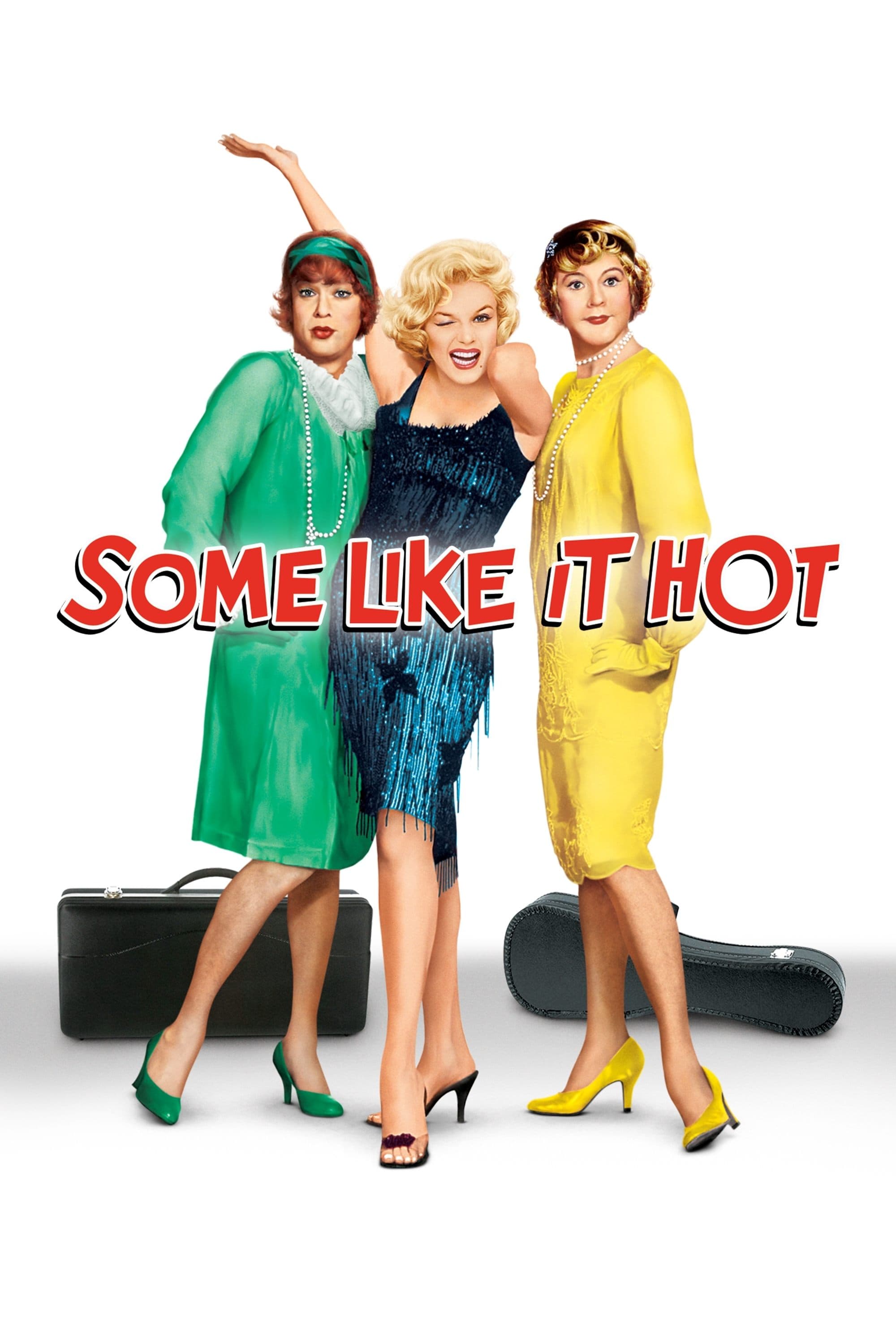
Some Like It Hot
1959
Rate this movie
Average: 0.00 / 5
(0 votes)
Director
Comedy is an art and Billy Wilder is its prophet. Not a mere craftsman of laughter, but a true demiurge capable of forging narrative archetypes and unforgettable characters, infusing his creations with a spark of genius that transcends pure entertainment to touch deeper chords of the human soul. His comedy is always imbued with a sharpness bordering on cynicism, a disillusioned observation of society, yet mitigated by profound humanity.
The trio of Jack Lemmon, Tony Curtis, and Marilyn Monroe is a perfect chemical combination, an acting synergy so calibrated as to seem almost a cinematic miracle. The result is an entertaining film with several memorable scenes that are part of the collective imagination, sculpted with almost mathematical precision in their comedic timing and their ability to convey authentic emotions, beyond the farce.
The premise, almost Shakespearean in its setup of disguise and escape, propels us into Prohibition-era Chicago of 1929, an era of rampant opulence and, at the same time, brutal violence. Two penniless musicians, Joe and Jerry, desperately try to escape the wrath of an enraged mob after witnessing the St. Valentine's Day Massacre – a tragic historical anecdote that Wilder skillfully transforms into the catalyst for one of the most hilarious adventures ever conceived. A perfect example of how the director was able to graft the grotesque onto the darkest reports.
They will repair to Miami and disguise themselves as women – Josephine and Daphne – to form an all-female band with an alluring local singer, Sugar Kane Kowalczyk, portrayed by Marilyn Monroe, who here reaches the apex of her iconicity, blending innocence, vulnerability, and overflowing sensuality. But the troubles will be just beginning, as the comedy of errors exponentially amplifies, with the addition of crisscrossing affections, mistaken identities, and the constant threat of being discovered by the gangsters.
"Some Like It Hot" is a film that reconciles one with life, a hymn to lightness despite its dramatic premises, dissecting the basic tenets of comedy and directly transposing them onto film to make us laugh in an unstoppable crescendo. Wilder, with his co-screenwriter I.A.L. Diamond, constructs a narrative mechanism of Swiss precision, where every gag, every line, every glance contributes to an explosion of humor, without ever descending into gratuitous vulgarity or easy caricature. The brilliance of the dialogue is matched only by the vivacity of the staging.
Wilder naturally plays on Marilyn Monroe's allure (how could he not?), knowing that her mere magnetic presence is in itself a narrative catalyst. He weaves around her a tapestry of misunderstandings, stolen kisses, and languid gestures that contribute to creating an aura of potential sensuality, an eros ready to explode, a kind of Hitchcockian tension in an erotic version, but played with an irony and delicacy that make it irresistible. Sugar's fragility, her desperate search for emotional stability – a perhaps autobiographical subtext for Marilyn herself – adds a layer of melancholy to her charm, making her a character not only desirable but also profoundly human. The audience laughs with her, but also for her.
And it is truly incredible that Wilder manages to harness this full-speed locomotive – the overflowing performances, the frantic pace, the constant threat of danger – with the simple weapon of irony, relying on the other side on the Lemmon-Curtis duo. Their transformation is not just external: Jack Lemmon, in particular, completely abandons himself to the character of Daphne, exploring with surprising subtlety the nuances of femininity, not just as an imitation but as a quasi-experience. His growing enthusiasm for life as a woman, his friendship with Sugar, the courtship by the millionaire Osgood Fielding III (a Joe E. Brown unforgettable in his persistent cheerfulness) are not mere comedic devices, but a genuine exploration – extremely audacious for its time – of gender fluidity and social expectations. Curtis, on the other hand, must juggle the awkward Joe/Josephine and the Cary Grant-esque millionaire alter ego, demonstrating remarkable versatility.
The result is one of the most sensual and entertaining films in cinematic history, a milestone that revolutionized comedy, breaking taboos and raising questions about identity, desire, and acceptance. It could not have been otherwise, given Wilder's mastery and his cast's talent. Its impact still resonates today, influencing generations of filmmakers and remaining a beacon of comedic genius. And just when you think the farce has reached its peak and every knot is impossible to untie, Wilder gives us one of the most perfect and liberating final lines in all of cinema history, a definitive synthesis of the film's philosophy: confronted with the revelation of Jerry/Daphne's disguise, Osgood responds with a serene, immortal "Well, nobody's perfect." A line that not only masterfully concludes a comedy but also encapsulates an entire approach to life, love, and human imperfection, making "Some Like It Hot" a timeless work of art.
Country
Gallery
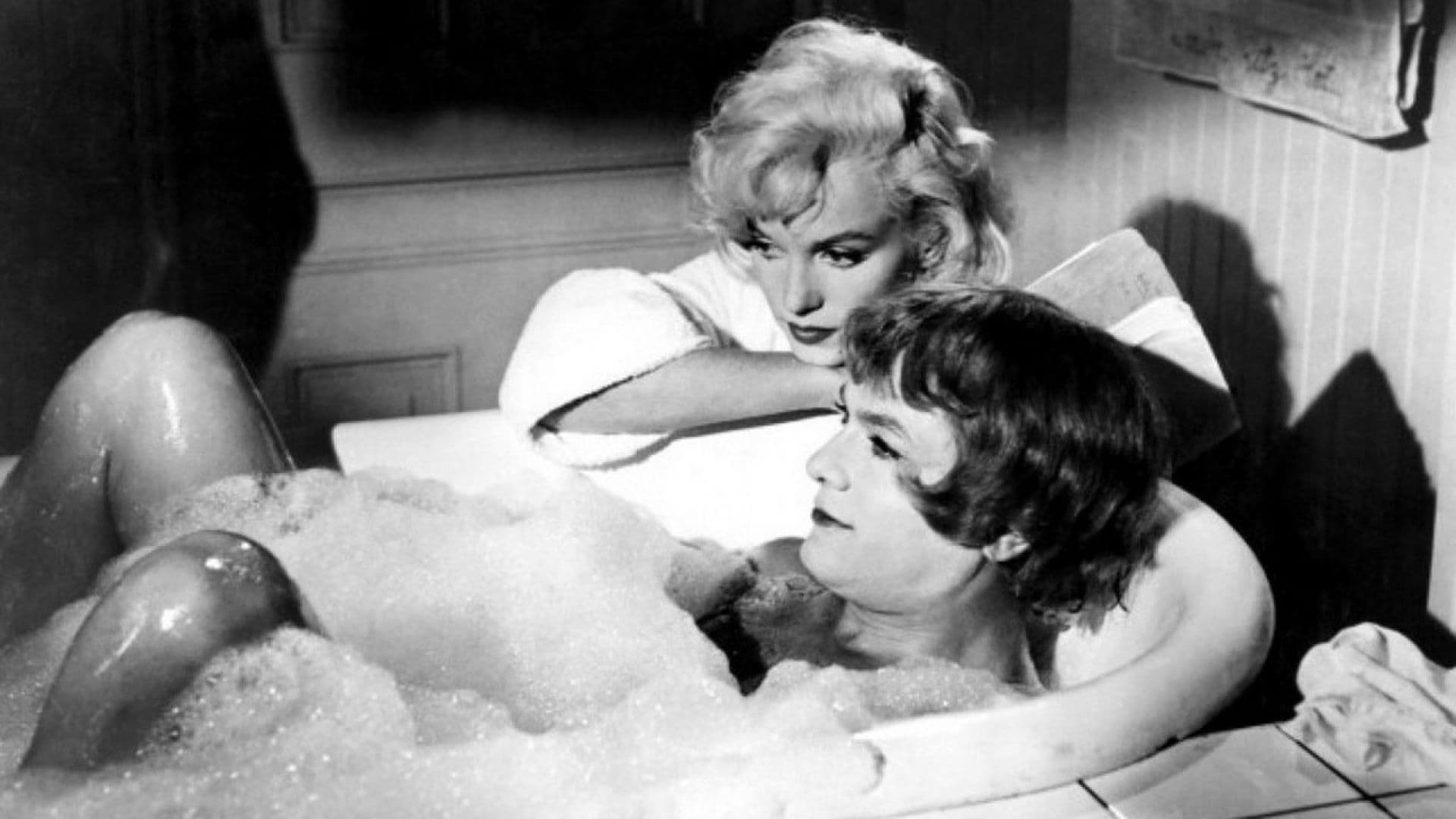
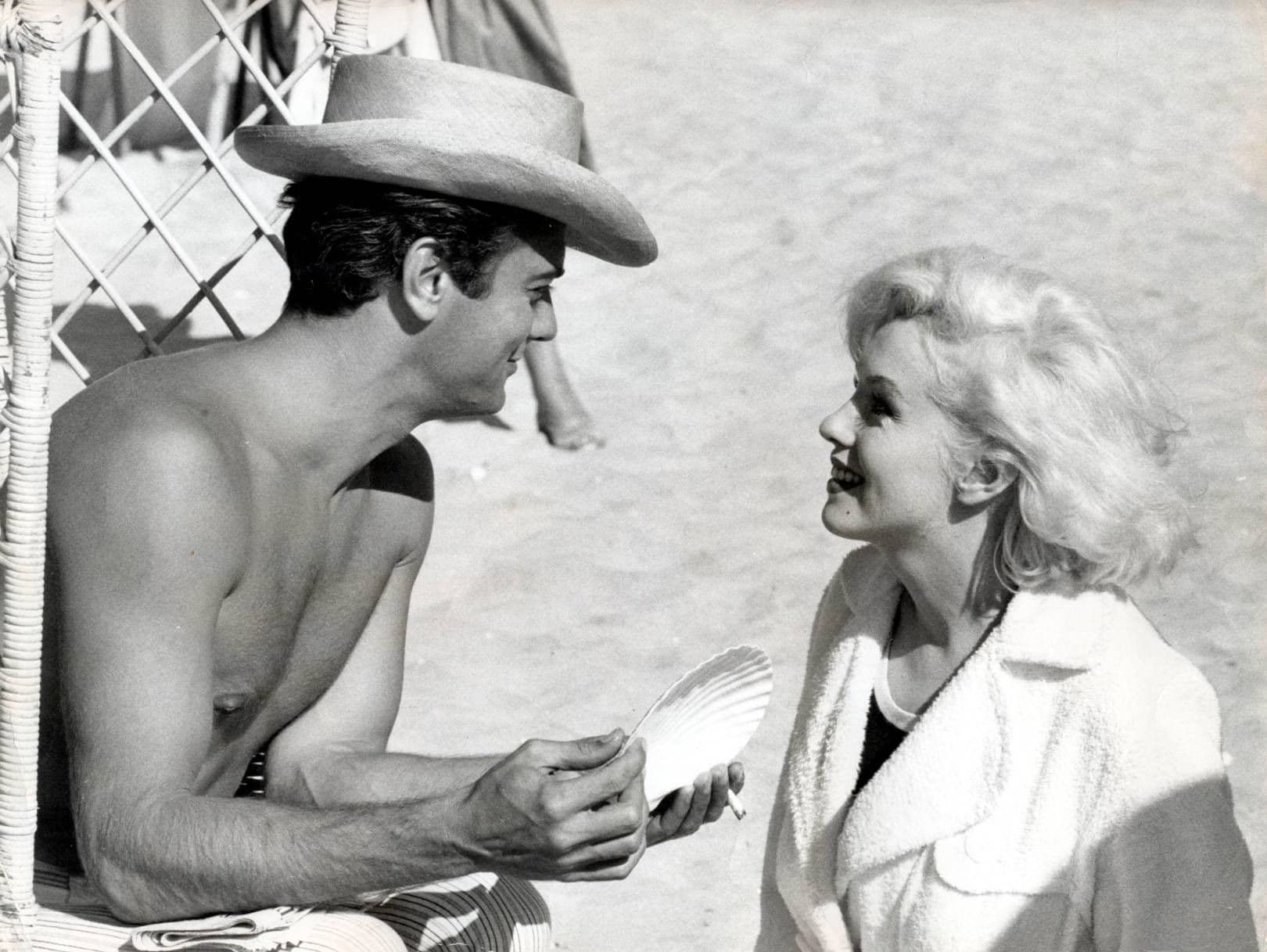
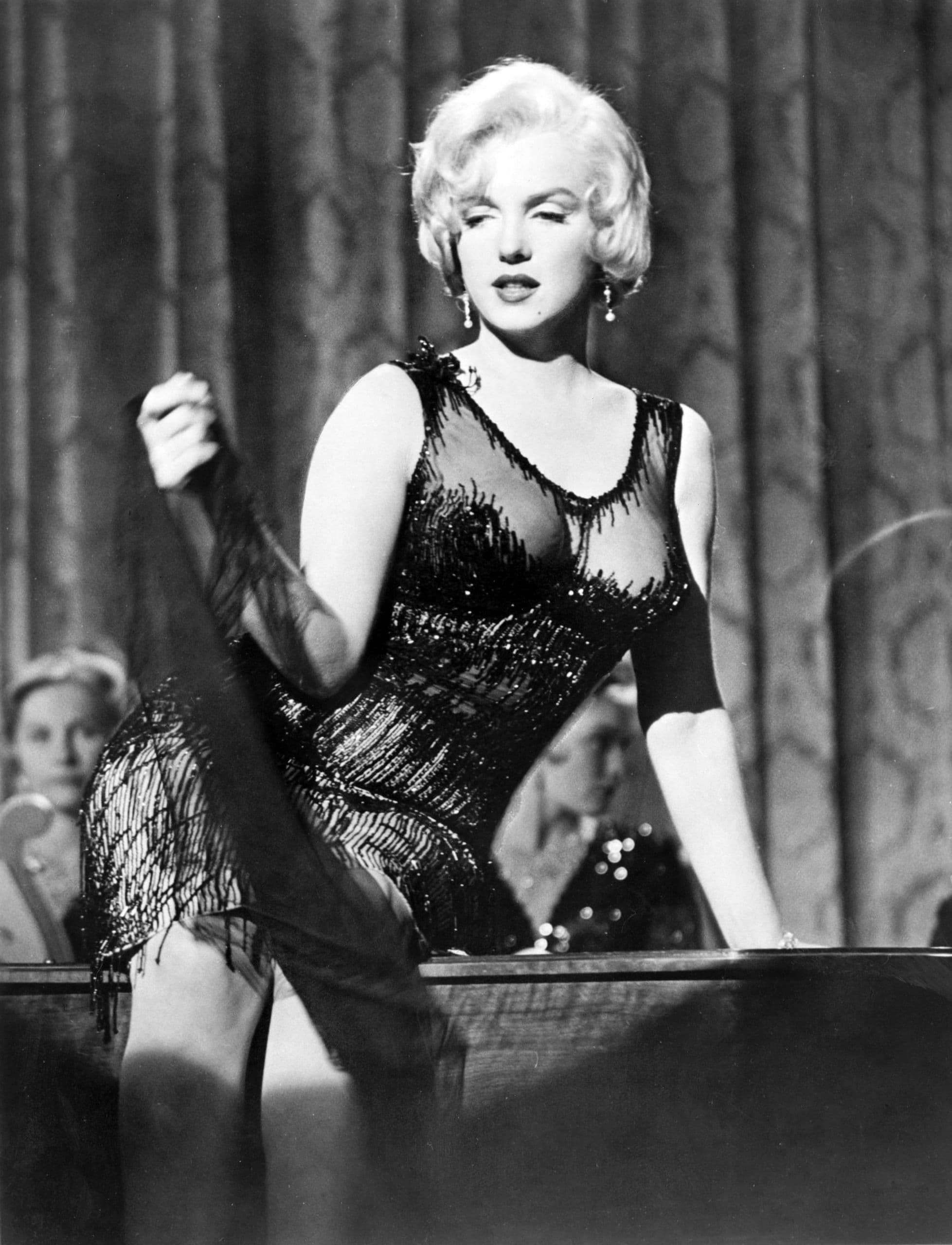
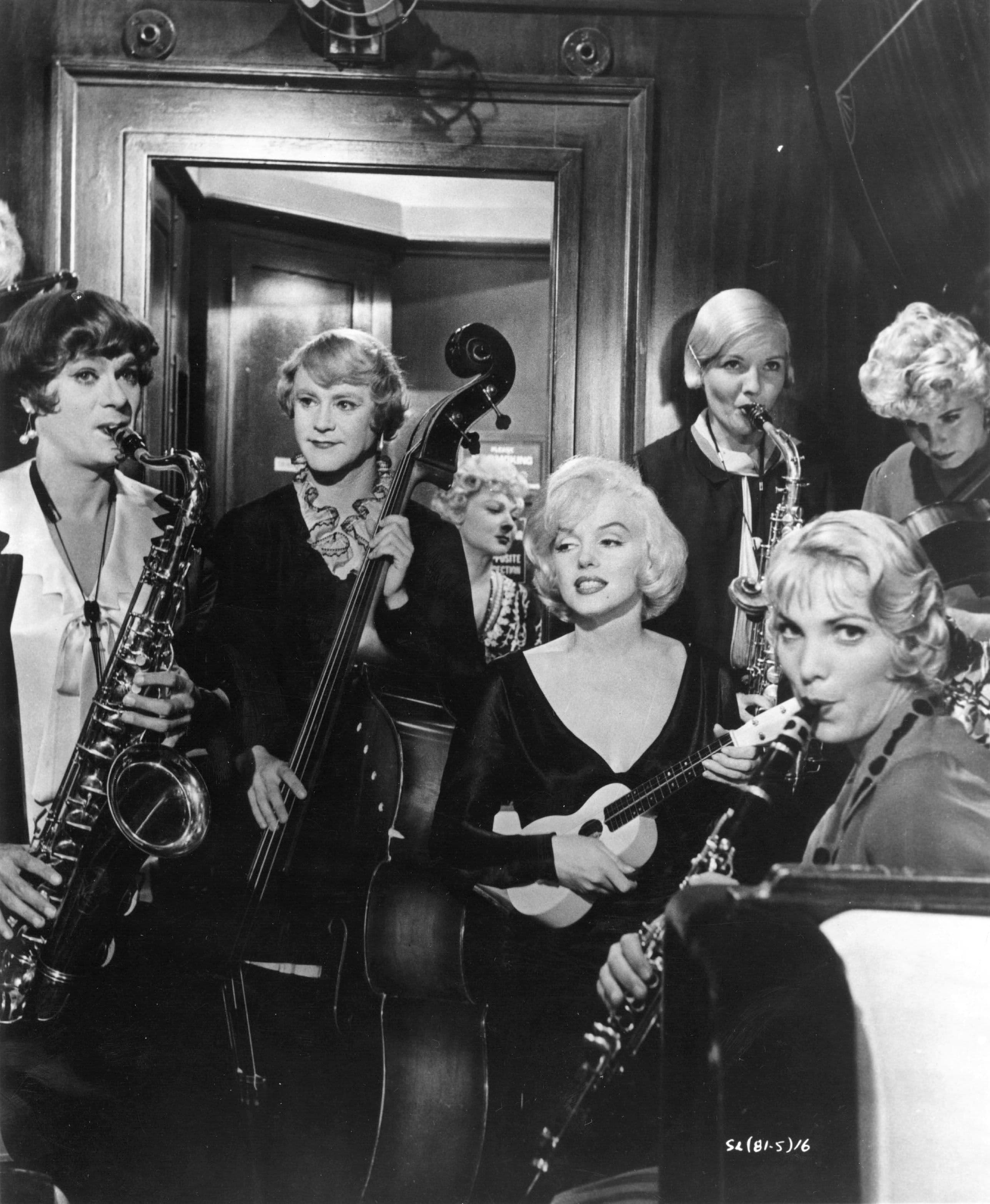
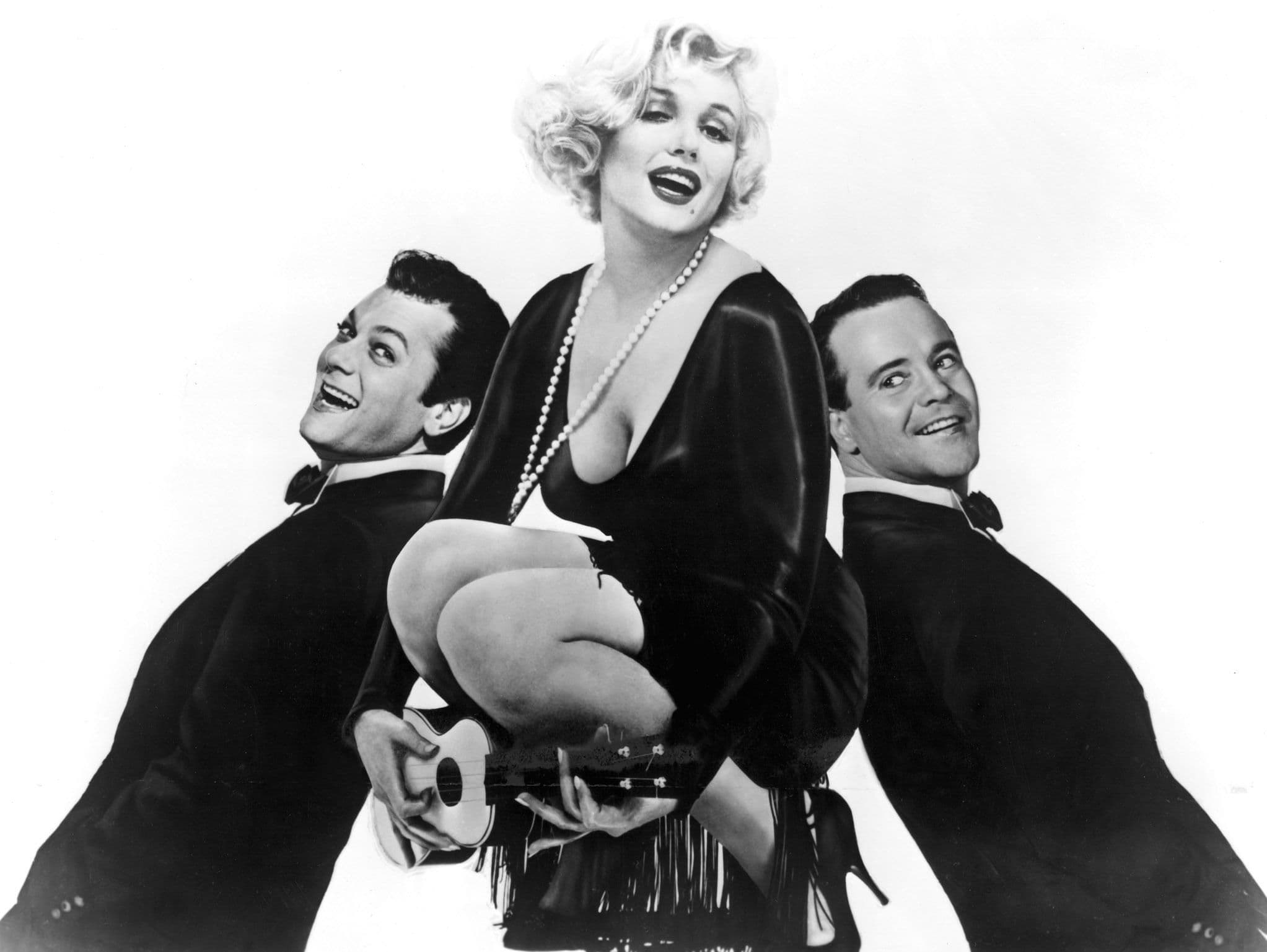

Comments
Loading comments...